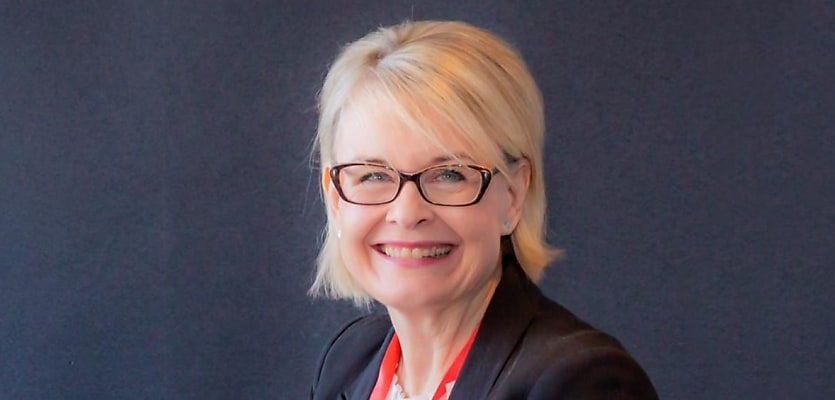The price of higher rates of depression and anxiety and the subsequent loss in workforce productivity to the NSW economy borne out of the pandemic has been revealed in a new report.
The NSW Council of Social Services’ (NCOSS) latest report, titled Aftershock: Addressing the Economic and Social Costs of the Pandemic and Natural Disasters, has revealed the financial toil of mental health on the state’s citizens.
The council estimated an increase of 171,615 — or 21 per cent — people who experienced mental health issues consistent with depression or anxiety during 2021 due to extended COVID lockdowns.
In addition to this, the report also outlined supporting evidence of worsening mental health among NSW residents, which includes a 46 per cent rise in the number of females aged 12 to 17 who were presented to hospital emergency wards for either self-harm or suicidal thoughts between 2018 to 2021 and a 9.3 per cent jump over the same three-year period in prescriptions for depressive disorders — at a rate double that of all other medications.
NCOSS chief executive officer Joanna Quilty said the research highlighted the tragic impacts that the previous two and a half years have had on mental health across the state.
Ms Quilty acknowledged the presence of “significant economic and social costs associated with mental health before the COVID-19 pandemic and spate of natural disasters that have befallen NSW over the past two years”, with the Productivity Commission estimating that the direct cost to the economy of poor mental health was between $40 and $70 billion each year.
“But,” she explained, “we know that people’s mental health worsened as a result of extended lockdowns across our state and that it was women with young children who were most affected”.
“On top of that, natural disasters have since added to the picture of rising psychological distress across communities in NSW.”
Ms Quilty outlined that the impacts of worsening mental health on the workforce include increased absenteeism, or lack of productivity associated with feelings of anxiety or depression, adding that the latest modelling puts the cost of this for NSW at $7.4 billion over five years.
She asserted that the modelling was conservative — given its streamlined focus on the impacts of COVID lockdowns on the NSW population — which means natural disasters or other communal mental health impacts were not taken into consideration.
“This is a health and economic disaster, exacerbated by events such as the Northern Rivers floods,” she implored. “Many have lost everything and face an uncertain future and a long road to recovery. More needs to be done to get them back on their feet and support their mental health in the process.”
Carmel Tebbutt, chief executive officer of the Mental Health Coordinating Council, outlined that the research indicated that specific cohorts had been more severely impacted than others, notably those with a disability.
“People with a disability are four times more likely than people without a disability to experience high levels of psychological distress and are up to four times more likely to die during a natural disaster.
“Community mental health services are vital in responding to disasters as they reduce the burden of mental illness by supporting recovery and minimising the severity and long-term risks.
“We commend the NSW government spending $2.9 billion on mental health services in 2022–23, representing a 21 per cent increase on 2020–21, however, the spend on vital residential and community services falls behind other states,” Ms Tebbutt said.
Peak bodies are calling for several targeted investments to address these issues, including “an additional 600 step-up, step-down beds to reduce the number of admissions and re-admissions to acute care facilities as the mental health impacts of COVID and other disasters continue to play out”.
Ms Quilty concluded that “it’s time for all governments to listen to the sector about mental health care models and the urgent need to fund prevention and community services”.









You are not authorised to post comments.
Comments will undergo moderation before they get published.